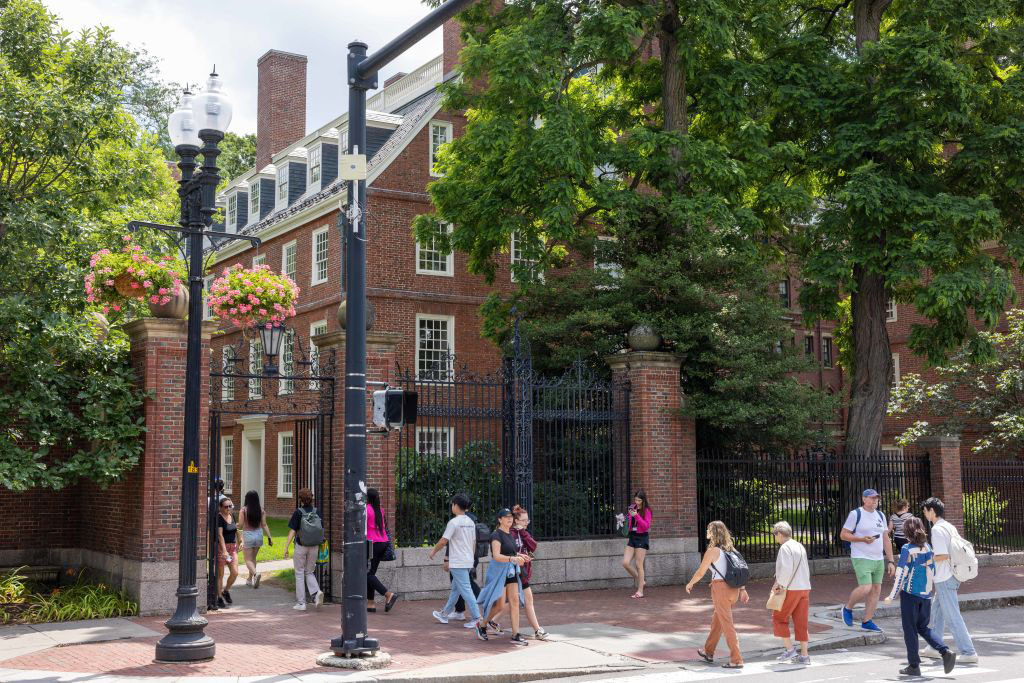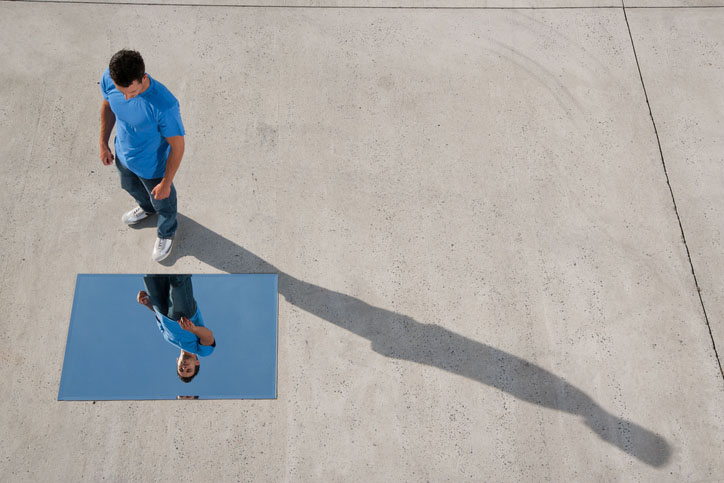 Israeli Prime Minster Benjamin Netanyahu greets supporters at the Likud party after vote event on March 24, 2021 in Jerusalem, Israel.(Photo by Amir Levy/Getty Images)
Israeli Prime Minster Benjamin Netanyahu greets supporters at the Likud party after vote event on March 24, 2021 in Jerusalem, Israel.(Photo by Amir Levy/Getty Images) Benjamin Netanyahu has been either Israel’s Prime Minister or opposition leader for almost exactly one-third of the nation’s modern-day existence. If he completes his current term in office, he will have served as Prime Minister for longer than David Ben-Gurion and Golda Meir combined. So by now, we have a pretty good idea of what motivates him.
Netanyahu’s belated embrace of a court overhaul threatens all three pillars of the legacy he has built.
Since the 1990s, Netanyahu has fought for a more secure Israel, a more prosperous Israel and a stronger presence for Israel on the world stage. The idea of judicial reform was rarely evident in either his public pronouncements or private deal-making. But Netanyahu’s belated embrace of a court overhaul threatens all three aforementioned pillars of the legacy he has built. The domestic turmoil is causing technology leaders and other international investors to reconsider the risk of committing capital to Israel. The anti-Iran coalition that Netanyahu has been working to forge for so long may be fracturing. And most notably, the safety and security of Israeli Jews, which has been both his most important policy priority and his greatest political asset, is being challenged on multiple fronts from both inside and outside the nation’s borders.
Throughout his career, Netanyahu’s most significant electoral successes have come on the heels of outbreaks of violence that then caused Israeli voters to turn to him to protect them against intolerable levels of terrorism, bloodshed and death. His first election as Prime Minister came on the heels of a series of suicide bombings that incumbent Shimon Peres seemed unable to stop. His return to office in 2009 took place after an ill-fated Israel-Hamas ceasefire exploded into open warfare. And Netanyahu’s most recent victory occurred shortly after last year’s outbreak of violence in Gaza, the West Bank and Jerusalem.
But now Netanyahu is being viewed differently by many Israelis, as a contributor to the security threats that Israel faces rather than its savior from them. In prior years, a terrorist outbreak in Tel Aviv, renewed fighting at the Temple Mount, and attacks from Lebanon and Syria would have reminded Netanyahu’s supporters why they had always backed him so strongly. But the on-and-off firing of Defense Minister Yoav Gallant has raised questions about Israel’s military preparedness after Gallant’s warning that the number of military reservists refusing to report for duty as a result of the judicial debate could potentially compromise national security.
Netanyahu’s interest in a judicial overhaul seems to be primarily driven by the goals of his most conservative allies, who have bridled against the courts’ sweeping directives both on West Bank policy and their pushback against greater autonomy for Israel’s ultra-religious residents. But he has his own goal as well, which is to protect himself against the various legal proceedings that he is facing. It wouldn’t be surprising to see Netanyahu trade away most of the other proposed changes in exchange for greater safeguards against his removal from office. A few months ago, such a compromise would have outraged his critics and almost certainly been dismissed out of hand. But as the country continues to be rocked by protest and its economic and security underpinnings are at growing risk, such an agreement now seems more plausible.
Like many longtime Israeli leaders, Netanyahu spends a great deal of time considering his place in Israeli, Middle Eastern and world history. He wants to be remembered as the prime minister who made his country into an economic powerhouse, who brought peace to the Middle East and who finally made the Jewish state safe for its people. And he knows that they don’t build statues to guys who reform the court system. But survival comes before legacy, and Netanyahu cannot afford to jettison his more troublesome allies until he is convinced that he will be staying in office. Only then can he return his and his nation’s attention to those overarching goals for which he wants to be remembered.
Over the years, Netanyahu has proved himself to be the master of the seemingly impossible escape. If he can pull this one off, it will be the most extraordinary political magic trick of his career.
Dan Schnur is a Professor at the University of California – Berkeley, USC and Pepperdine. Join Dan for his weekly webinar “Politics in the Time of Coronavirus” (www.lawac.org) on Tuesdays at 5 PM.






















 More news and opinions than at a Shabbat dinner, right in your inbox.
More news and opinions than at a Shabbat dinner, right in your inbox.